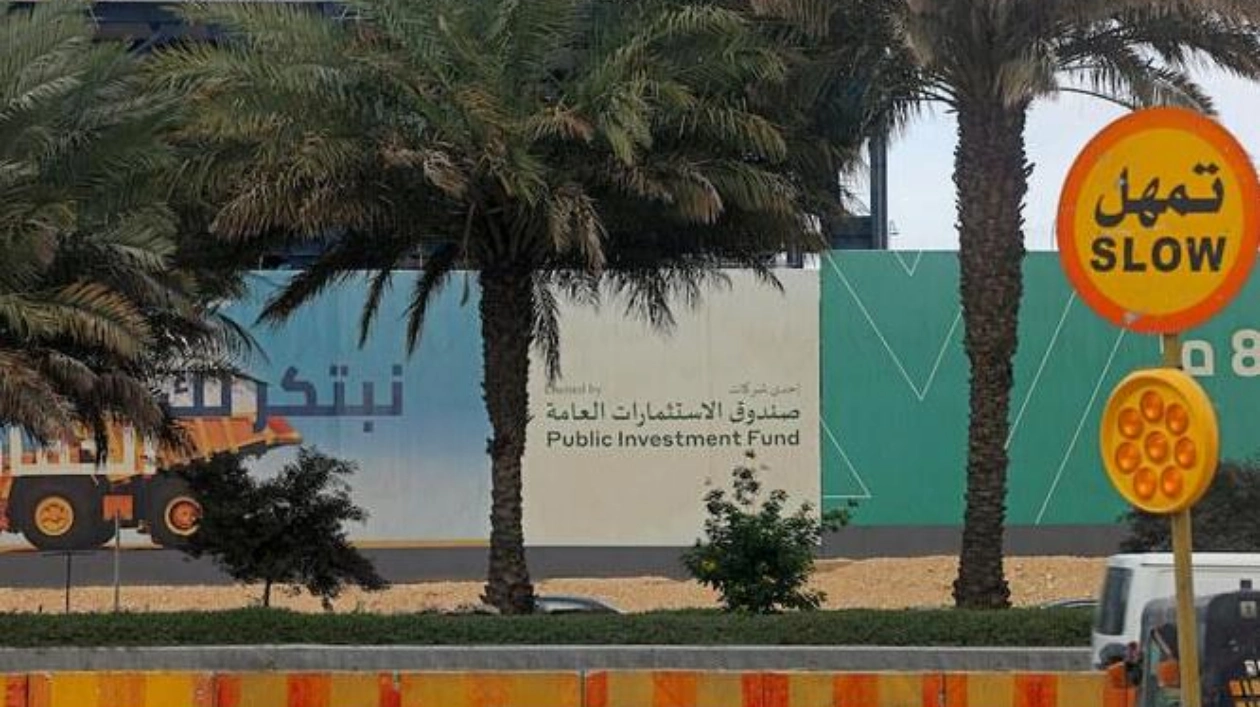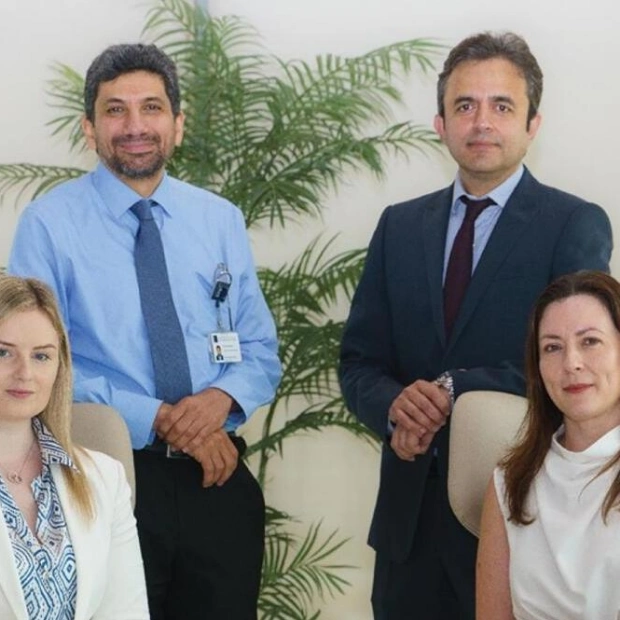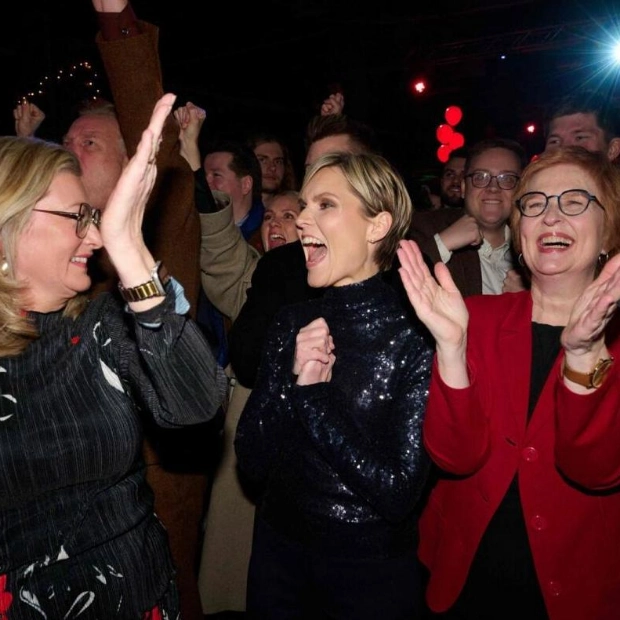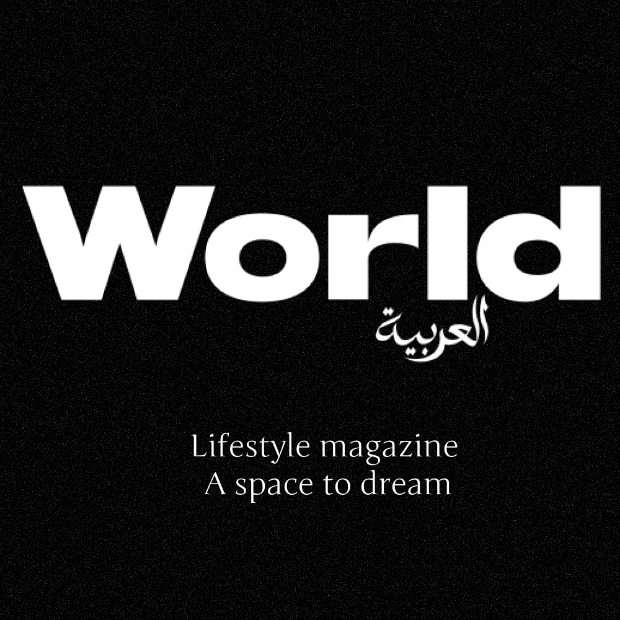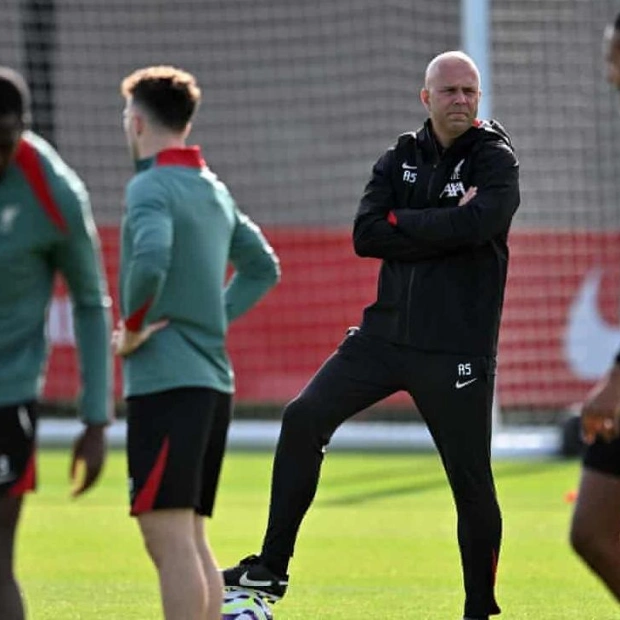RIYADH: Sovereign wealth funds across the Gulf Cooperation Council (GCC) have closed $55 billion worth of deals across 126 transactions in the first nine months of 2024, representing 40 percent of global deals, according to a new report.
The US-based organization Global SWF, which tracks the activities of these funds, identified the region’s “Oil Five”— Abu Dhabi’s ADIA, ADQ, and Mubadala, along with Saudi Arabia’s Public Investment Fund (PIF) and Qatar’s Qatar Investment Authority — as the driving force behind this surge in investment.
With assets currently totaling $4.9 trillion, GCC sovereign wealth funds are expected to surpass $5 trillion by early 2025 and could reach $7 trillion by 2030, the report noted. Central banks in the region are also experiencing significant increases in foreign reserves, which may be directed into these funds.
Traditional markets like the US and UK continue to be primary targets for GCC investments, attracting $18.9 billion and $9.5 billion, respectively, over the past year. China is also gaining prominence, drawing $9.5 billion from GCC investors during the same period.
GCC SWFs have rapidly emerged as key players on the global investment stage, leveraging high oil revenues, strategic reforms, and savvy investment strategies. Elevated oil prices have strengthened these funds, enabling them to grow both organically and through government investments.
Low debt levels across GCC governments allow for selective debt issuance, ensuring fiscal sustainability even during oil price fluctuations. Tax reforms, such as VAT and corporate levies, contribute to a more resilient financial foundation, while a focus on diversifying revenue sources supports economic resilience.
The expansion of GCC financial markets, now home to seven active stock exchanges and over 877 listed companies with a combined market capitalization of $4.3 trillion, further positions GCC sovereign investors as influential and stable forces.
Global SWF highlighted that GCC sovereign wealth funds maintain strong relationships with both Western and Eastern powers, enhancing their strategic agility in global investments. Domestically, these funds control 70 percent of equity markets within the GCC, underscoring their significant impact.
Saudi Arabia is intensifying its focus on domestic investment, with PIF leading major growth in local projects. PIF’s assets surged 29 percent to $765.2 billion in 2023, primarily through investments in Saudi infrastructure and real estate.
The report noted that Saudi Arabia is the largest economy in the GCC, contributing half of the region’s $2.2 trillion activity. By 2029, the Kingdom’s GDP is expected to reach $1.43 trillion, making up 51 percent of the GCC’s projected GDP of $2.8 trillion.
This growth is driven by non-hydrocarbon sectors, reflecting Saudi Arabia’s Vision 2030 plan to reduce reliance on oil and gas and boost sectors like tourism, entertainment, and renewable energy. PIF plays a crucial role in this transformation by strategically deploying capital across various industries.
GCC countries are crafting long-term strategic plans to foster economic growth and reduce oil dependency, focusing on attracting foreign direct investment (FDI). Over the past six years, approximately 84 percent of FDI inflows into the GCC have been directed toward Saudi Arabia and the UAE.
The region now accounts for 4.2 percent of global FDI inflows, up from 1.3 percent in 2019. Saudi Arabia aims to increase FDI to 5.7 percent of its nominal GDP by 2030, with a goal of attracting $100 billion annually.
GCC SWFs are also raising third-party capital as part of their strategic plans, enhancing risk management and ensuring long-term sustainability. Mubadala has been particularly successful in this area, issuing 36 bond tranches totaling $29.2 billion since 2009.
Saudi Arabia and the UAE are leading the Middle East’s sustainable bond market, having issued $16.7 billion in the first nine months of 2024. PIF has been at the forefront, raising $3 billion in 2022 and $5 billion in 2023 through green bonds.
Green sukuk, which fund renewable energy initiatives, are gaining momentum, now accounting for 35-40 percent of sustainable bond issuances in the region. GCC funds have also pursued bilateral investment agreements, often exceeding $5 billion, particularly as the COVID-19 pandemic subsided.
PIF has established subsidiaries in countries like Egypt and Iraq, while Mubadala has launched Country Investment Programs to strengthen economic ties with nations such as France and the UK. Collaboration with local sovereign funds has been prevalent, especially in Egypt, where PIF pledged $10 billion to stabilize the economy.
The UK remains a key focus for Gulf SWFs, with substantial post-Brexit investment commitments. While actual investments may not always meet lofty targets, these agreements lay important groundwork for future capital deployment.
Source link: https://www.arabnews.com
